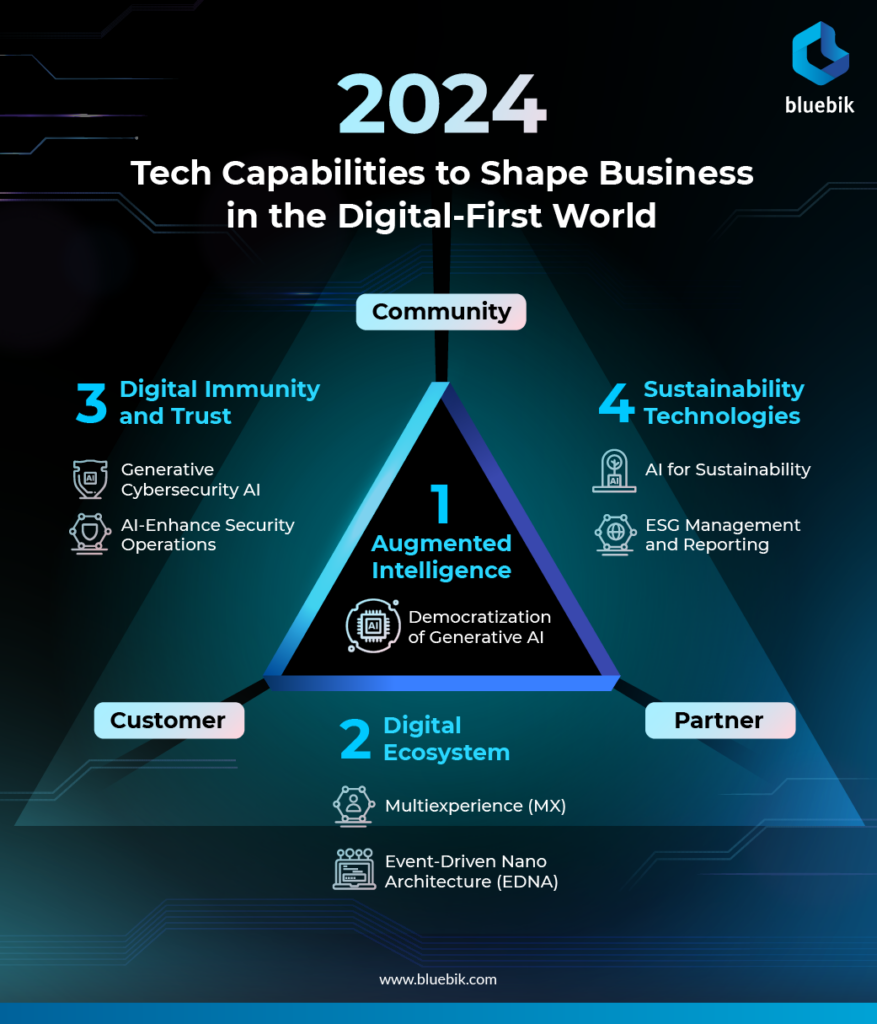
Achieving Business Excellence Through Strategic Management
In today’s dynamic business landscape, achieving excellence is not merely an aspiration but a necessity for sustained success. Businesses that excel in their operations, strategies, and overall management are better positioned to navigate challenges, capitalize on opportunities, and stay ahead of the competition. This article delves into the key components of Business Management Excellence and how strategic management plays a pivotal role in this pursuit.
The Foundation of Excellence: Effective Leadership
At the core of Business Management Excellence is effective leadership. Leaders set the tone for the entire organization, influencing the culture, decision-making processes, and employee morale. Effective leaders inspire teams to work towards a shared vision, fostering an environment where innovation and collaboration thrive. Through strong leadership, businesses can establish a solid foundation for excellence.
Strategic Planning: Charting the Course for Success
Strategic planning is the compass that guides a business towards its goals. It involves a systematic process of defining objectives, assessing resources, and formulating strategies to achieve long-term success. A well-crafted strategic plan aligns the organization’s efforts, ensuring that every action contributes to the overall vision. Businesses that excel in strategic planning are better equipped to adapt to changing market conditions and emerging trends.
Operational Efficiency: Streamlining Processes for Excellence
Operational efficiency is a cornerstone of Business Management Excellence. It involves optimizing internal processes to enhance productivity, reduce costs, and deliver superior products or services. Businesses need to continuously evaluate and refine their operations to stay agile and responsive to customer needs. Operational excellence not only boosts profitability but also enhances the overall customer experience.
Talent Management: Nurturing a High-Performance Culture
In the pursuit of excellence, managing and developing talent is paramount. A high-performance culture is cultivated through effective talent management strategies, including recruitment, training, and employee engagement. Businesses that invest in their employees’ growth and well-being create a workforce that is not only skilled but also motivated to contribute their best to the organization’s success.
Technology Integration: Leveraging Innovation for Excellence
Embracing technological advancements is a key driver of Business Management Excellence. Businesses that strategically integrate innovative technologies into their operations gain a competitive edge. Whether it’s adopting automation, leveraging data analytics, or implementing cutting-edge software, technology empowers businesses to operate more efficiently and stay at the forefront of their industries.
Continuous Improvement: A Commitment to Excellence
The journey towards excellence is ongoing, requiring a commitment to continuous improvement. Businesses that foster a culture of learning and adaptation are better positioned to thrive in a rapidly changing environment. Regularly assessing performance, seeking feedback, and making incremental improvements are essential aspects of the continuous improvement mindset.
In conclusion, achieving Business Management Excellence is a multifaceted endeavor that involves effective leadership, strategic planning, operational efficiency, talent management, technology integration, and a commitment to continuous improvement. Businesses that prioritize these elements position themselves for long-term success in today’s competitive landscape.
To explore how your business can embark on the path to Business Management Excellence, visit Business Management Excellence.






